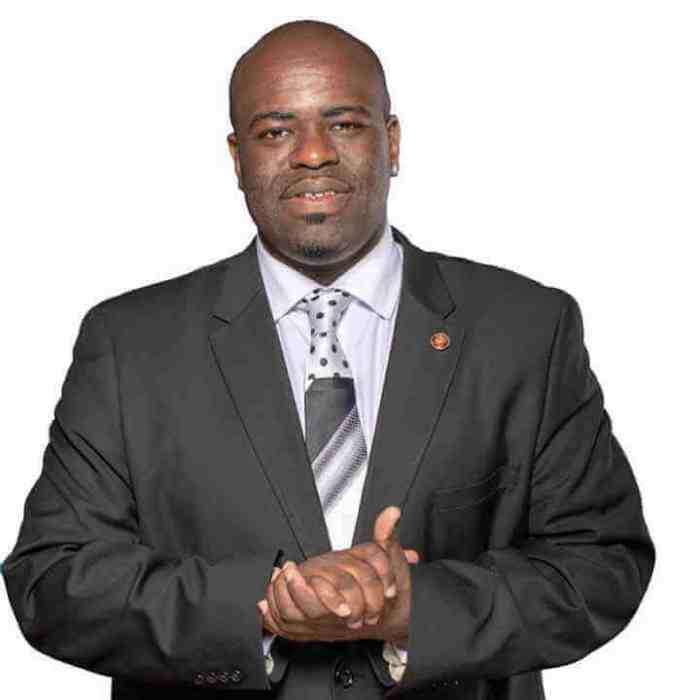By Huw Jones
LONDON (Reuters) – The European Union flagged to Britain long before it left the bloc that any future free trade deal would have to come with a commitment from London to uphold fair competition, a senior EU adviser said on Wednesday.
Britain left the EU in January with an 11-month, business-as-usual transition period, and will need new trading terms from January 2021 to avoid potential disruption to trade.
Stefaan de Rynck, an adviser to the EU’s chief trade negotiator Michel Barnier, said the trade talks would be “rather difficult” – tougher than the negotiations that secured Britain’s divorce settlement – because of their broader scope and time limit. So-called “level playing field” clauses on fair competition were also necessary.
“It can be no surprise … as early as March 2018, the 27 heads of state and governments on the EU side said we are ready to negotiate an ambitious trade relationship with the UK in so far there are robust guarantees on a level playing field,” de Rynck told an audience at the London School of Economics.
The political declaration signed by Britain and the bloc in October 2019 alongside their divorce deal stated that a free trade agreement would be “underpinned by provisions ensuring a level playing field for open and fair competition”.
“Surely it cannot be rocket science to agree on common standards. Indeed the idea at the heart of the political declaration is having common standards on a level playing field,” de Rynck said.
British Prime Minister Boris Johnson’s Europe adviser David Frost said on Monday that accepting EU supervision of level playing field issues goes against the point of Brexit.
Britain has said it wants a Canada-style trade deal with the EU, but de Rynck said EU trade agreements concluded with Japan and Canada have commitments to ensure fair and open competition. They are, however, much softer than what the bloc is seeking from Britain.
“If you allow some mild irony, some in the UK now seem to want to become Canadian. Dover is much closer to Calais than Ottawa is,” he said, referring to the main ports connecting Britain and France.
“Proximity matters, distance matters in trade. In terms of getting zero tariff, zero quota access, this brings a lot of benefits to the UK economy and with benefits come obligations.”
He said, however, the EU wanted a focus on security cooperation that is “unconditional” on what happens on the economic side regarding a level playing field.
In Brussels, EU national envoys have failed to agree on the mandate, with Paris demanding a further strengthening of level playing field provisions, diplomats said.
EU foreign affairs ministers are still expected to sign off on the mandate for trade negotiations with Britain next week so that formal talks can start the first week of March.
(Additional reporting by Gabriela Baczynska in Brussels; Editing by Toby Chopra and Alex Richardson)




















